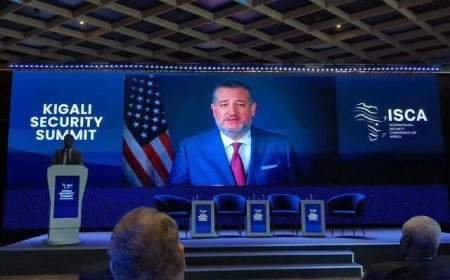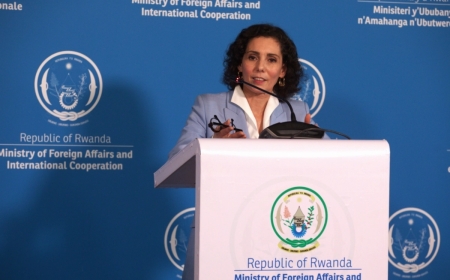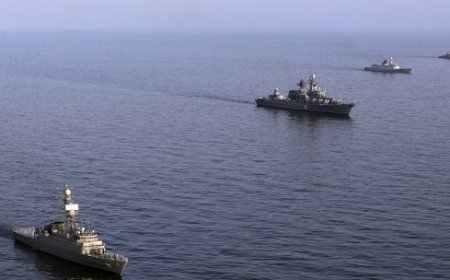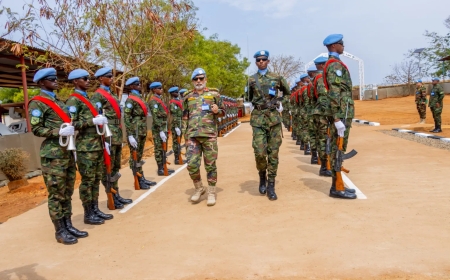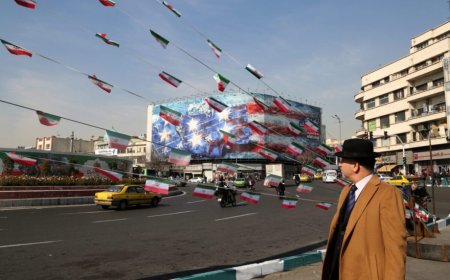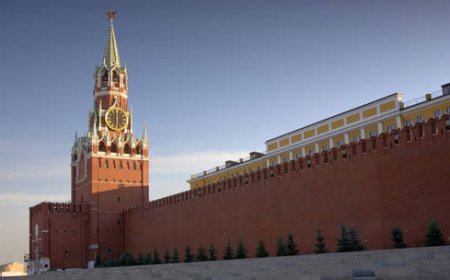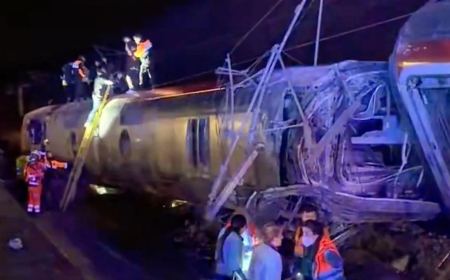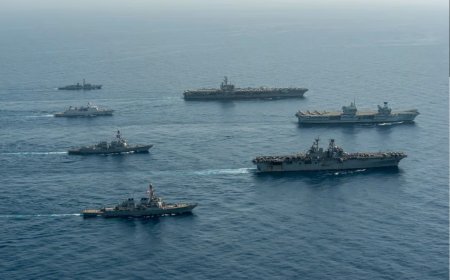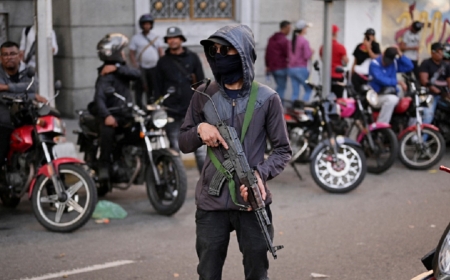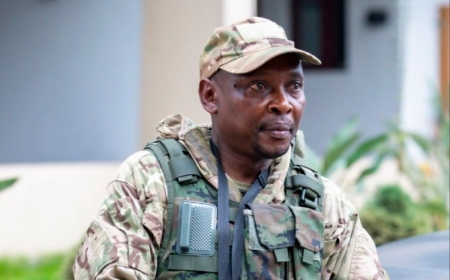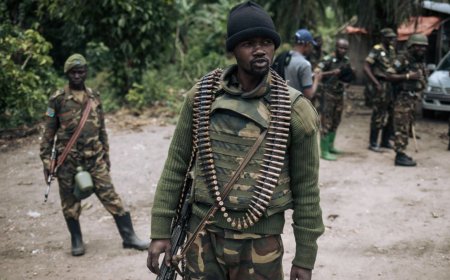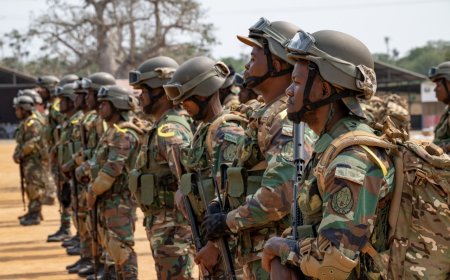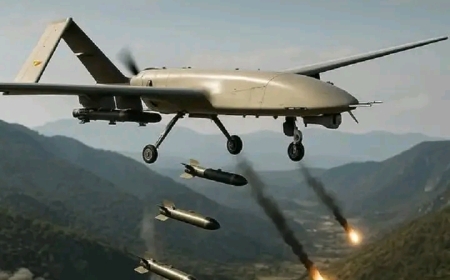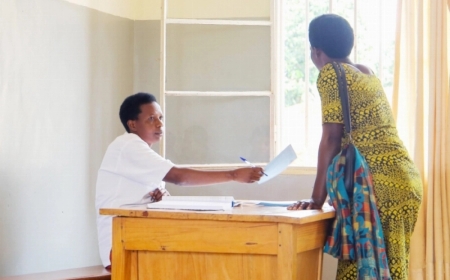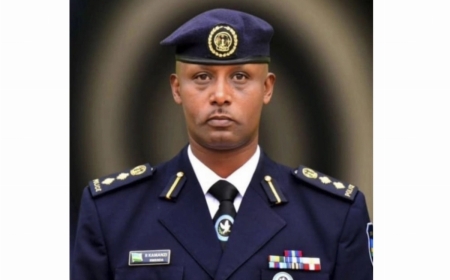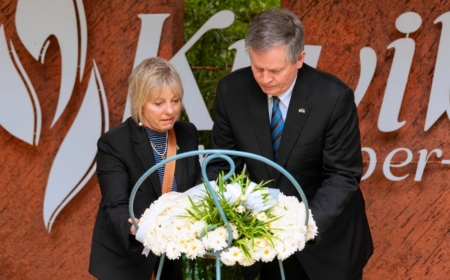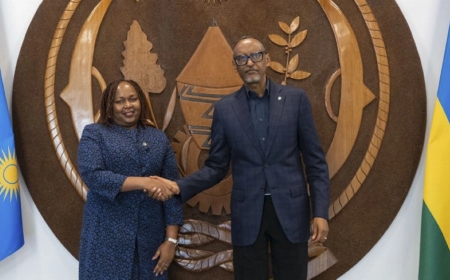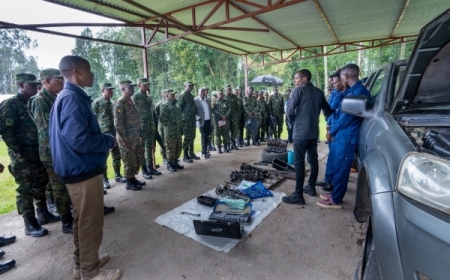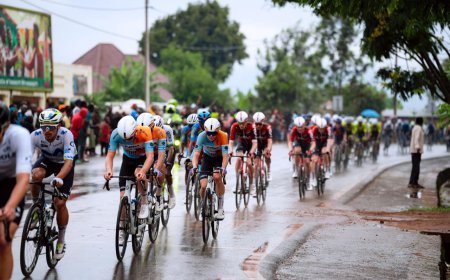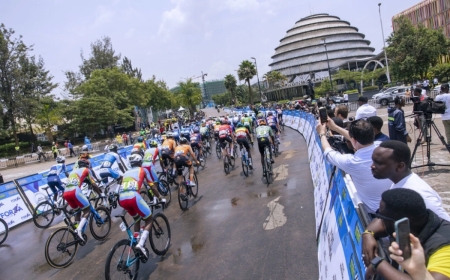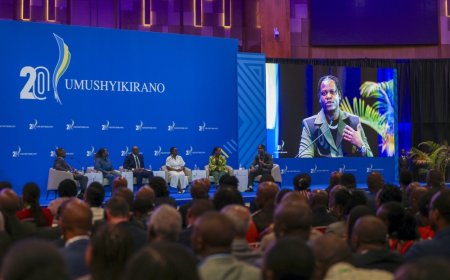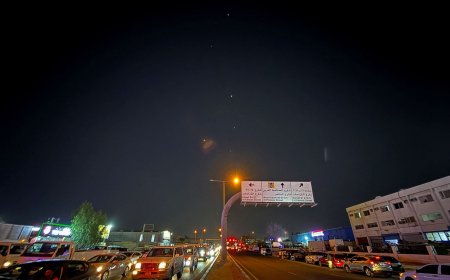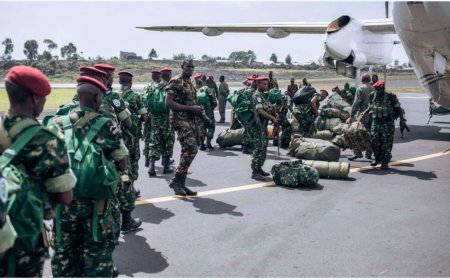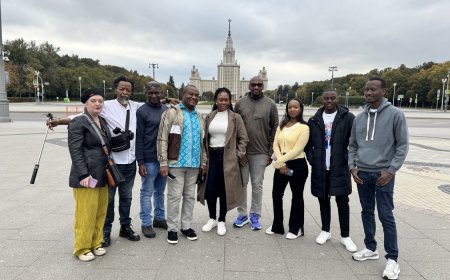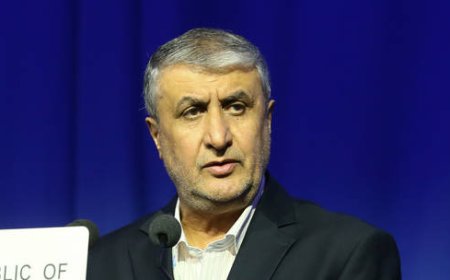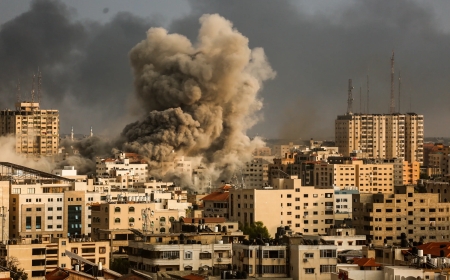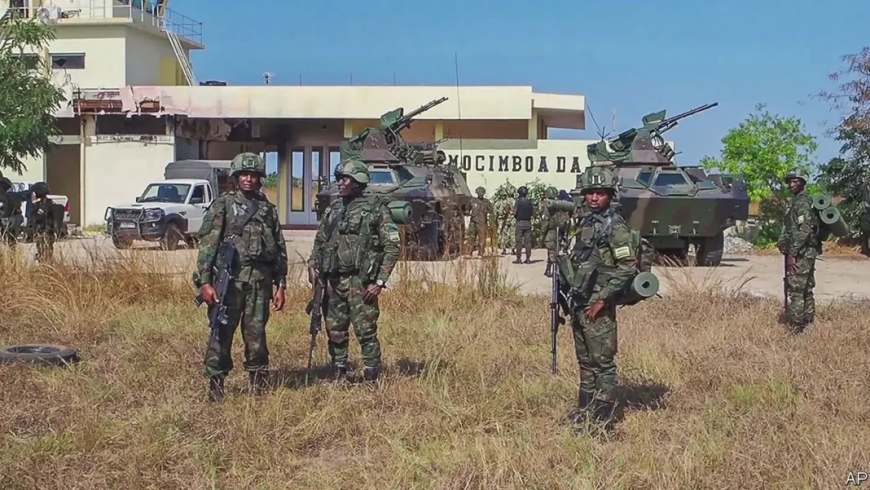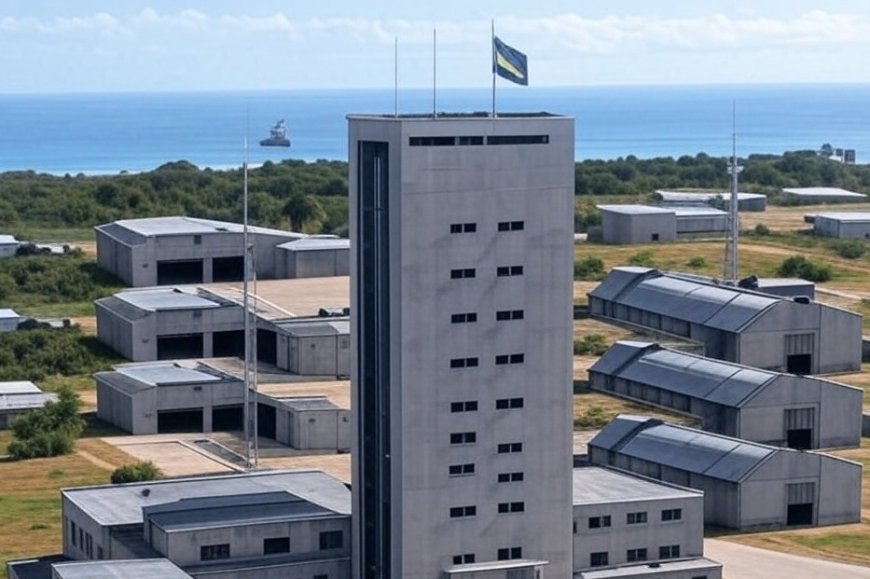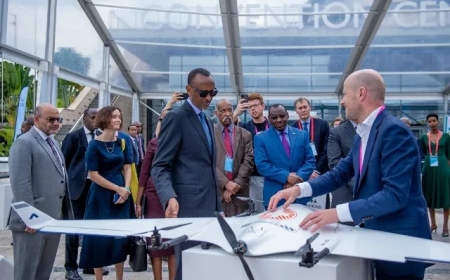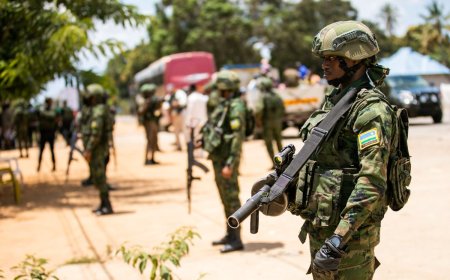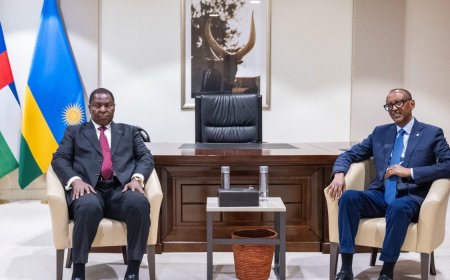Rwanda to open a permanent military base in Cabo Delgado
The newly signed Status of Forces Agreement may see Rwanda set up a permanent military base in Mozambique’s vast Cabo Delgado Province, which is larger than Rwanda.
Islamic insurgents are making a deadly comeback in Mozambique’s Cabo Delgado region, following a brief lull in violence after Rwanda’s intervention, with tens of thousands of people displaced in recent weeks.
And that has meant Mozambique is turning to the old ally for new back-up, signalling a longer stay of Rwandan troops in the southern African country.
Rwanda first deployed its forces into the resource-rich region of Cabo Delgado, northern Mozambique, four years ago and they were followed by a South African Development Community (Sadc) contingent. Both missions were meant to subdue the Islamic State- affiliated Ahlu Sunnah Wal Jamaah (ASWJ) insurgents.
Mozambican President Daniel Chapo was in Kigali at the end of August seeking a deal to re-establish a strong presence of Rwandan forces in Cabo Delgado in response to the fresh wave of attacks.
A new status of forces agreement with Kigali was announced on August 29 with provisions for a fresh counter-insurgency strategy for the restive Mozambican region.
The agreement that followed a two-day summit between President Chapo and his Rwandan counterpart Paul Kagame could pave the way for Kigali to open a permanent military base in Cabo Delgado.
Maputo’s move is informed by realities on the ground, and months after Sadc troops pulled out of Mozambique.
The United Nations Office for the Coordination of Humanitarian Affairs (Ocha), in its latest situation report, says over 50 000 people were displaced in the region in the past month due to the renewed insurgency.
Ocha said a spate of attacks in the Chiure district of Cabo Delgado between July 24 and August 3 displaced 51,959 people. Over 5,200 people were displaced in other parts of the province, but the figures could not be verified because of access constraints.
A staggering 60 percent of the internally displaced people were children, with many cases of unaccompanied and separated children recorded at two transit sites.
The situation marked a dramatic reversal from gains made last year where Rwandan forces had succeeded in flushing the insurgents out of Cabo Delgado.
“A total of 47 attacks targeting civilians were reported in July, which included killings, abductions, extortion, and looting, resulting in at least 29 deaths and 69 abductions.”
FewsNet expects the violence to persist during the coming months, primarily impacting the south eastern parts of Cabo Delgado.
“The actions and movements of these groups are likely to create a continuous atmosphere of insecurity throughout the scenario period,” it added. “Additionally, surprise attacks may occasionally occur in the neighbouring Niassa and Nampula provinces.”
Charity organisation, Medicines Sans Frontieres, said Cabo Delgado was experiencing its largest wave of displacements since February 2024.
It said entre families, including young children, pregnant women and elderly people with chronic conditions, were fleeing their homes in fear and walking for days to take refuge in makeshift tents in Chiure town.
“This crisis cannot remain invisible,” said Sebastian Traficante, MSF head of operations in Mozambique in a recent update.
“The impact of the violence shouldn’t be normalised. More lives will be at risk, and the health and dignity of thousands will continue to deteriorate. People need a coordinated, long-term humanitarian commitment that guarantees access to healthcare and basic services for all.”
Cabo Delgado is a gas-rich province bordering Tanzania and has been gripped by violence since the conflict began in 2017.
Besides the ASWJ, there are various other small armed Islamic groups operating in Cabo Delgado. Mozambique has also been fighting armed bandits in the central parts of the country.
The insurgency is also causing insecurity in neighbouring Tanzania and other countries in the region fear a spillover of the violence because of porous borders.
Mozambique has a long history of fighting insurgency dating back to the 1970s when it had to contend with Renamo, which was formed by the then neighbouring Rhodesia (now Zimbabwe) and supported by apartheid South Africa.
